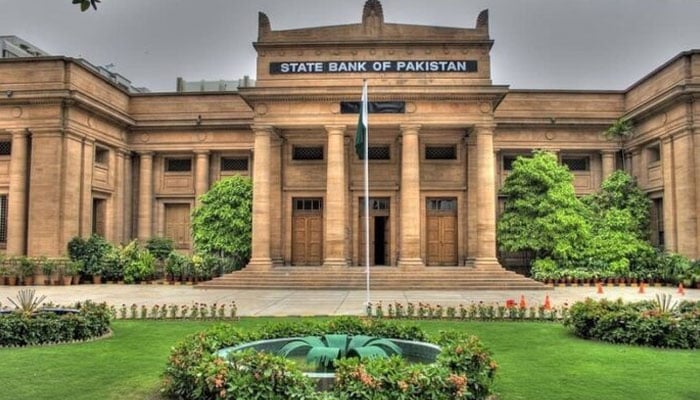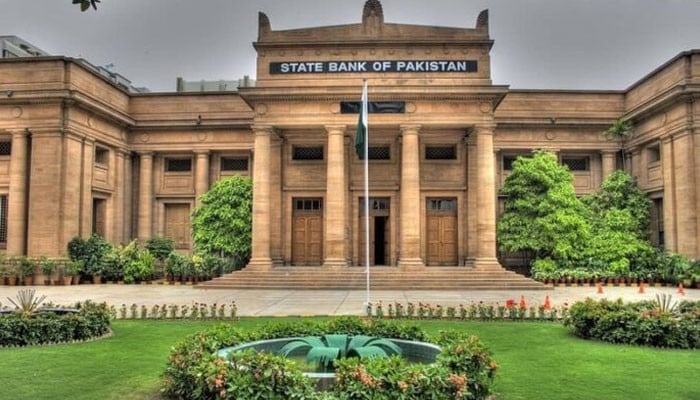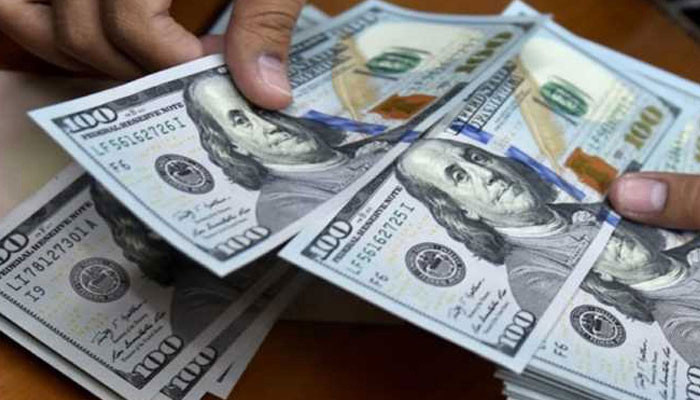
The State Bank of Pakistan (SBP) increased the interest rate by 3% on the demand of the IMF, the interest rate in the country reached 20%, before the State Bank’s policy rate was 17%, the IMF said. Prior to the Staff Level Agreement, Pakistan had demanded an increase in interest rates.
In the monetary policy statement on behalf of the Central Bank, it was said that the Monetary Policy Committee (MPC) has decided to increase the policy rate by 300 basis points to 20 percent in the meeting held on March 2, 2023.
The statement said that in its last meeting in January, the committee had highlighted near-term risks to the inflation outlook due to external and fiscal changes. Most of these risks have materialized and are partially reflected in February’s inflation data. National inflation in terms of consumer price index (National CPI) has increased to 31.5 percent year-on-year while core inflation has reached 17.1 percent in the urban basket and 21.5 percent in the rural basket during February 2023.
The monetary policy statement said that at today’s meeting, the MPC noted that the recent changes and depreciation in the exchange rate have led to a significant deterioration in the near-term inflation outlook and further increased inflation expectations.
It said the committee expects inflation to rise further in the next few months as the impact of these changes takes effect, and then start to come down, albeit gradually.
According to the Razi policy statement, the average inflation this year is expected to be in the range of 27 to 29 percent, while in November 2022 it was predicted to be 21 to 23 percent.
In this context, the MPC emphasized that controlling inflationary expectations is imperative and requires a strong policy response.
The statement said that as far as the external sector is concerned, the MPC noted that despite a significant reduction in the current account deficit, weaknesses persisted. The current account deficit fell to $242 million in January 2023, the lowest level since March 2021.
It said the overall current account deficit, which stood at $3.8 billion in July-January FY23, was 67 percent lower than in the same period last year.
The monetary policy statement said that regardless of this improvement, on-schedule debt repayments and reduced inflows of sovereign funds, rising global interest rates and domestic uncertainty are putting pressure on foreign exchange reserves and exchange rates.
The MPC noted that foreign exchange reserves are at low levels and concerted efforts are needed to improve the external situation. In this regard, the completion of the ongoing ninth review under the IMF’s EFF will help to address the near-term challenges of the external sector.
Furthermore, the MPC stressed the urgent need for energy conservation measures to reduce pressure on external accounts and meet the import requirements of other sectors.
Recent fiscal measures, including GST and excise duty hikes, reduction in subsidies, energy price revisions and austerity drive are expected to help contain widening fiscal and core deficits, the statement said. As mentioned earlier, fiscal stability is essential for economic stability and will help with continued monetary tightening to moderate inflation over the medium term.
The Committee emphasized that any significant fiscal deficit in achieving the objective of price stability would undermine the effectiveness of monetary policy.
The MPC also assessed the impact of increased monetary tightening on financial stability and the near-term growth outlook.
The committee is of the view that risks to financial stability are under control as financial institutions have sufficient capital. However, there has to be a trade-off on growth.
According to the statement, the Monetary Policy Committee reiterated its previous view that the short-term cost of reducing inflation is less than the long-term cost of supporting inflation, barring unexpected shocks in the future.
According to the Monetary Policy Committee, today’s decision pushed real interest rates into positive territory based on forecasts. This will help contain inflationary expectations and bring inflation down to the medium-term target of 5-7% by the end of FY25.
The statement said that the committee also decided to hold its next meeting on April 4, 2023.
setTimeout(function(){
!function(f,b,e,v,n,t,s)
{if(f.fbq)return;n=f.fbq=function(){n.callMethod?
n.callMethod.apply(n,arguments):n.queue.push(arguments)};
if(!f._fbq)f._fbq=n;n.push=n;n.loaded=!0;n.version=’2.0′;
n.queue=[];t=b.createElement(e);t.async=!0;
t.src=v;s=b.getElementsByTagName(e)[0];
s.parentNode.insertBefore(t,s)}(window,document,’script’,
‘https://connect.facebook.net/en_US/fbevents.js’);
fbq(‘init’, ‘836181349842357’);
fbq(‘track’, ‘PageView’);
}, 6000);
/*setTimeout(function(){
(function (d, s, id) {
var js, fjs = d.getElementsByTagName(s)[0];
if (d.getElementById(id)) return;
js = d.createElement(s);
js.id = id;
js.src = “//connect.facebook.net/en_US/sdk.js#xfbml=1&version=v2.11&appId=580305968816694”;
fjs.parentNode.insertBefore(js, fjs);
}(document, ‘script’, ‘facebook-jssdk’));
}, 4000);*/



